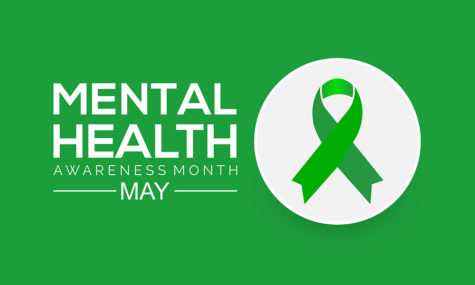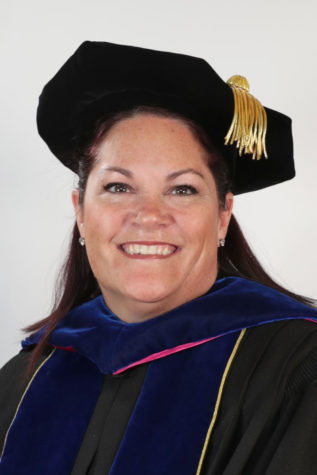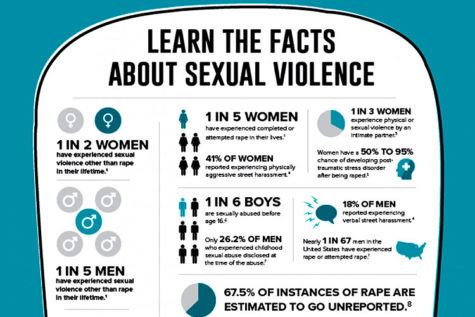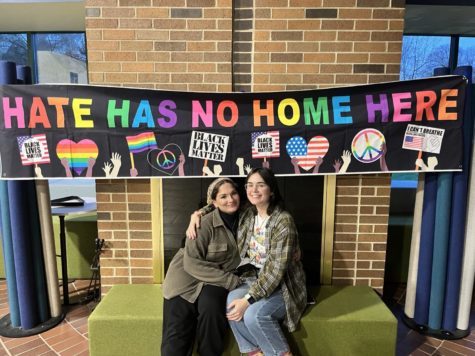’Hurst talks about domestic abuse
October 18, 2016
Domestic violence carries a taboo in society. Even to say the words in conversation tends to lead to awkwardness. This is why Mercyhurst’s recent efforts on behalf of National Domestic Violence Awareness Month are so valuable and necessary.
“The Department of Criminology & Criminal Justice as well as the Bystander Intervention Committee is promoting a passive marketing campaign with signage noting what domestic violence is and what resources are available to people,” Criminal Justice professor Maria Garase, Ph. D., said.
This has involved posters, placed across campus with basic information on what domestic violence is and who students can go to if they find themselves in an abusive relationship.
Domestic violence, also called intimate partner violence, is defined by the National Coalition Against Domestic Violence as “the willful intimidation, physical assault, battery, sexual assault, and/or other abusive behavior as part of a systematic pattern of power and control perpetrated by one intimate partner against another.”
It can happen to anyone of any age, gender, ethnicity, sexuality, economic or educational background, or religion. It is important for everyone to be aware of the signs of an abusive relationship.
“Many warning signs for abuse come down to increasing signs that there is an imbalance in power and control within the relationship,” Judy Smith, Ph.D., director of the Counseling Center said.
These signs might include verbal abuse (one partner calling the other names, making them feel guilty or humiliating them), or one partner using their social standing to make all decisions for the other partner. The misuse of technology is becoming more common like when someone would break into a partner’s phone or email.
“Signs of abuse also include using intimidation, using threats (threatening to leave, to harm self with suicide, to expose private information of the partner or to use physical or sexual violence) or of course, actual use of physical or sexual violence,” Smith said.
Many people misunderstand domestic violence and what it is, and thus may fail to recognize they are in an abusive relationship. Even once it is recognized, it can be very hard to talk about domestic violence due to shame or fear.
Part of the aim of recent efforts is to make people aware of resources available to survivors of domestic violence. Any person who thinks they are in an abusive relationship can contact SafeNet, a domestic violence agency in Erie. Mercyhurst students also have the option of contacting the Counseling Center.
If a student reaches out to the Counseling Center, they can be seen at any time.
“The counseling center will support and assist the student in making the decisions that make sense to that student,” said Smith. “Counselors will make the student aware of campus and community supports, suggest options and respect and support the student’s pace as she or he make decisions.”
A major obstacle to victims of domestic violence is the stigma surrounding talking about domestic abuse. Through its recent efforts, Mercyhurst has made a positive step toward erasing that stigma and making positive social change.








